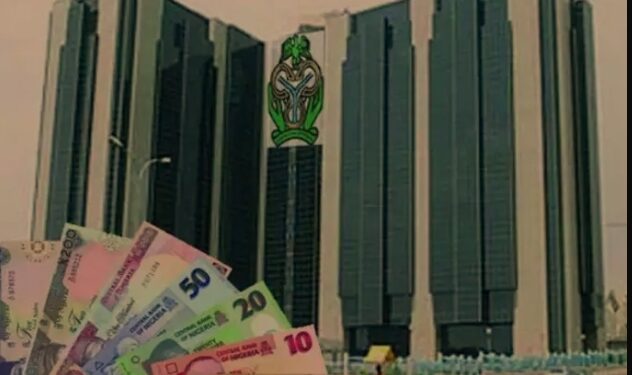The Central Bank of Nigeria (CBN) has recently confirmed that old naira notes will retain their legal tender status in the country until further notice.
This statement comes in response to widespread fears regarding the legality of these notes and the shortage of new naira notes in circulation.
CBN’s spokesperson, Dr. Isa Abdulmumin, reassures the public regarding the acceptability of old banknotes and emphasizes their commitment to ensuring sufficient currency availability.
Despite assurances of ample cash reserves in all parts of the country, reports of a cash shortage in major cities have raised concerns.
Some members of the public have also expressed anxiety regarding the validity of old naira banknotes.
CBN addresses these concerns by affirming the availability of banknotes for normal economic activities and reiterating the legal tender status of old naira notes.
To eliminate any doubts, CBN emphasizes that every banknote issued by the Central Bank of Nigeria (CBN) is legal tender and should not be declined by anyone.
This is in accordance with Section 20(5) of the CBN Act, 2007.
The CBN spokesman, when discussing the legality of old naira notes, adds that CBN branches throughout the country have been instructed to continue providing various denominations of both old and redesigned banknotes in sufficient quantities to deposit money banks (DMBs) for further distribution to bank customers.
It’s vital to understand that all denominations of banknotes issued by CBN remain legal tender, and as stipulated in Section 20(5) of the CBN Act, 2007, no one should refuse to accept the Naira as a means of payment.
The CBN underlines that there is an adequate supply of currency notes to support regular economic activities.
Therefore, it is advisable for the public to accept all CBN-issued banknotes currently in circulation and to refrain from panic withdrawals.
In an effort to reduce the reliance on physical cash, the CBN encourages the public to continue embracing alternative modes of payment.
This aligns with the global trend towards digital transactions, offering convenience and security for both businesses and consumers.











